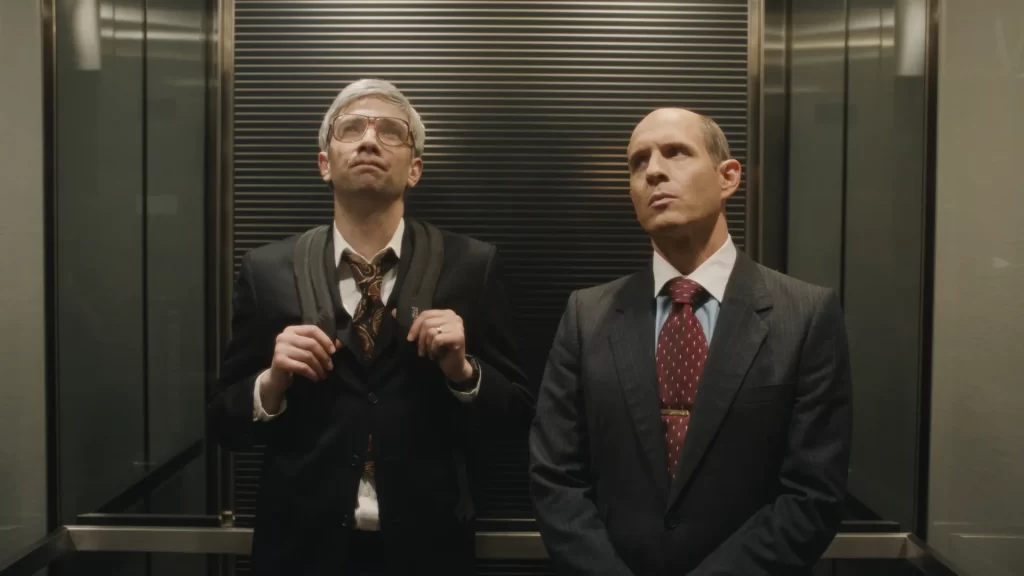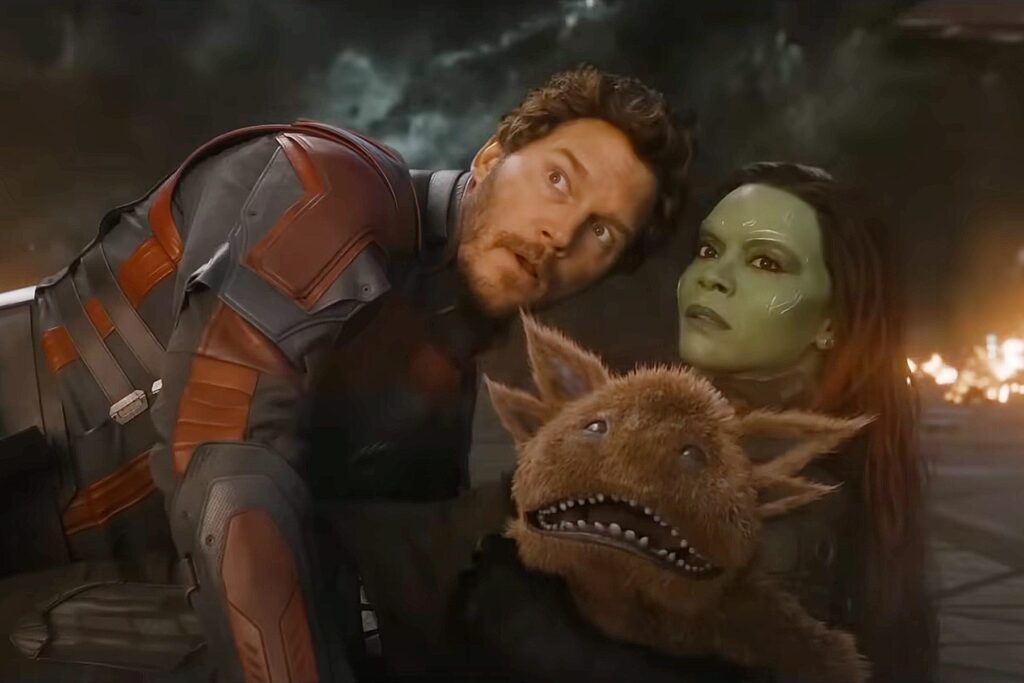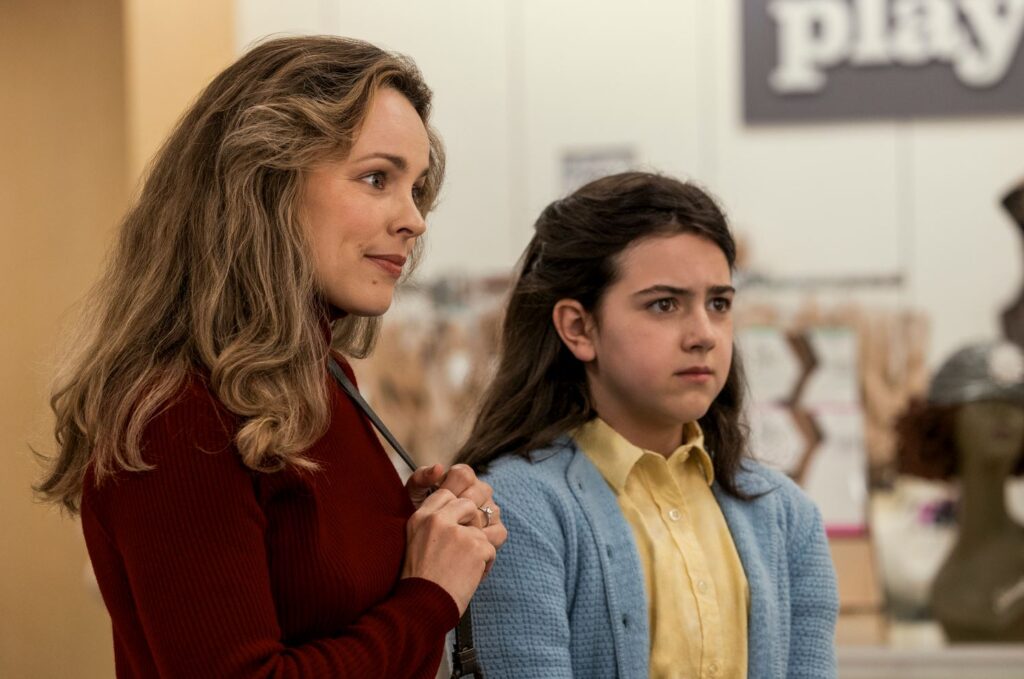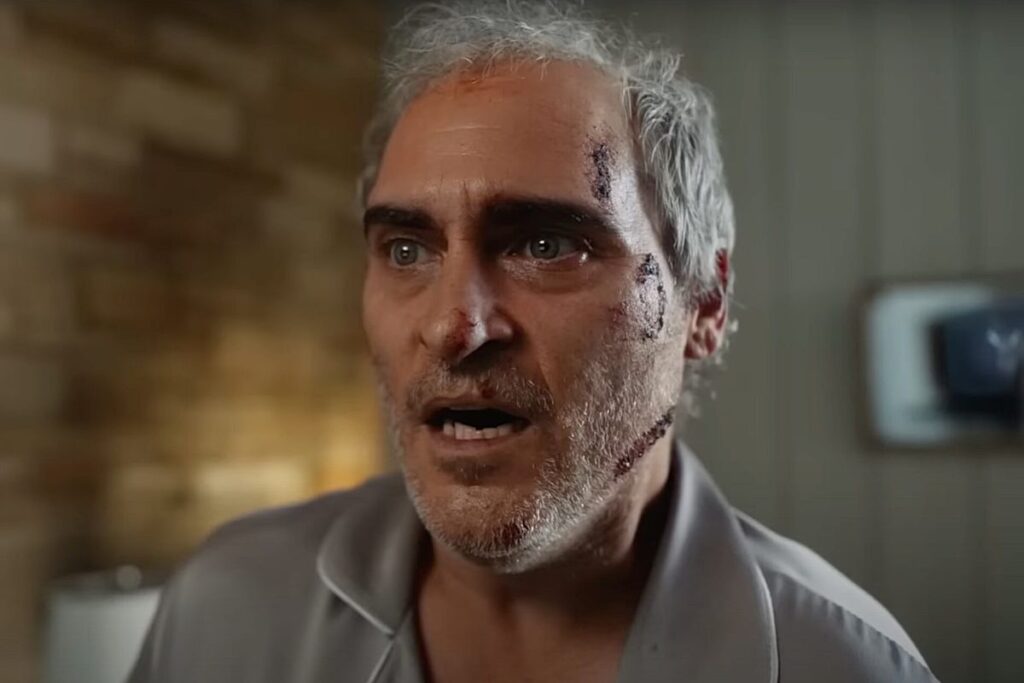Fast X: Why So Furious?
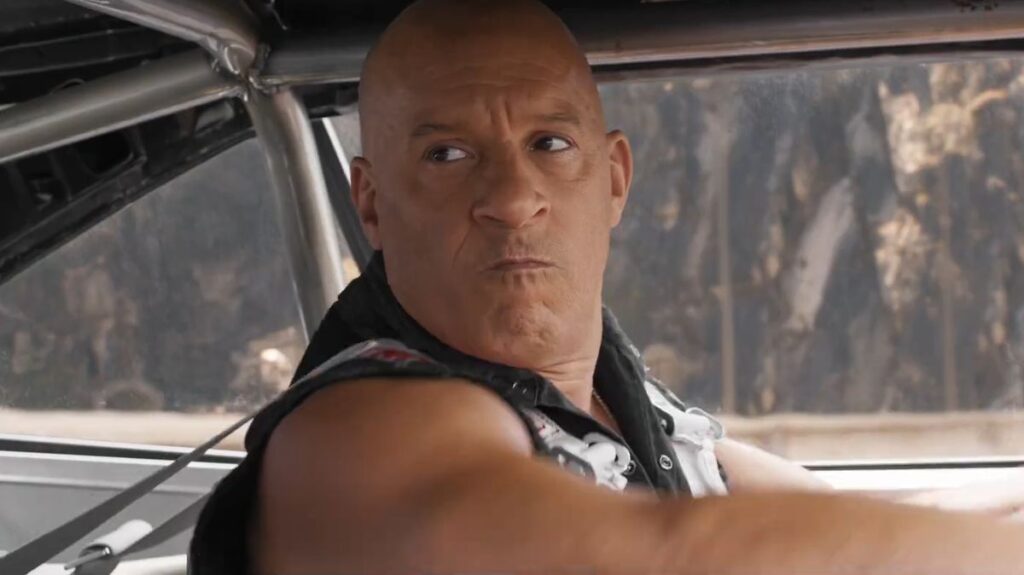
Bloat is endemic to all franchises, but the Fast & Furious pictures have a peculiar way of taking on water. For all of their chases and explosions and putative danger, these noisy conflagrations are curiously averse to death, loss, and even long-term conflict; antagonists aren’t defeated but converted into partners—new members of an ever-sprawling family. Fast X, the tidily titled tenth installment, doesn’t attempt to solve this problem, but it does exhibit some meta awareness of it. At one point, a beefy suit named Aimes (Alan Ritchson, from Amazon’s Reacher series), who works for a nebulous government(?) outfit known as The Agency, delivers an expository rundown describing how an erstwhile gang of California street racers gradually shifted from hijacking DVD players to landing on Interpol’s Most Wanted list—all the while turning cops into robbers. It’s a pointless info dump (did you really not know who these guys were before you bought your ticket?), but it also evinces a shiver of discernment. This is our formula, proclaims the screenplay from Dan Mazeau and Justin Lin. These movies have never made any sense—not narratively, not physically, and certainly not emotionally—but at least now they’re owning up to it.
To suggest that Fast X is clever is to travel several suspension bridges too far. All of the saga’s usual flaws—lugubrious characters, limp comedy, outrageous but unconvincing set pieces—remain in place, to the point where the new director, studio journeyman Louis Leterrier (replacing Lin, who departed due to the dreaded “creative differences”), seems to treat them as inherited property. And as was the case with the prior episode, the tedious F9, the franchise continues a misguided attempt to mine its own history—here opening with a recreation of the climactic Rio de Janeiro vault heist from Fast Five, complete with necromantic flashbacks of the late Paul Walker. (If you were concerned the series might actually wrestle with Walker’s death and incorporate it into the story, never fear; a throwaway line that “Mia and Brian are safe” satisfies all interested parties as to their absence, though Jordana Brewster does appear for a short scene of auntly protection.) Read More

